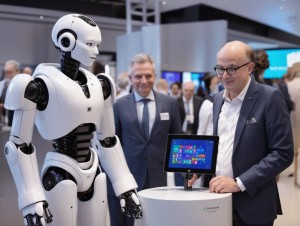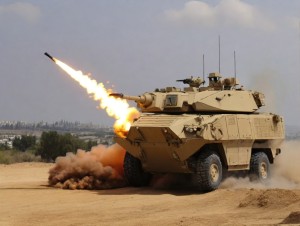In a significant stride towards integrating artificial intelligence (AI) into medical practices, China has initiated trials for an AI-powered assistant aimed at aiding neurosurgeons during critical procedures.
The pilot program is being conducted across seven hospitals in Beijing and other cities, showcasing the country’s commitment to harnessing technological advancements in the healthcare sector.
Development of AI assistant for neurosurgery
Under the auspices of a Hong Kong-based agency affiliated with the Chinese Academy of Sciences, the AI model draws inspiration from Meta Platforms Inc.’s Llama 2.0. Researchers have meticulously trained and fine-tuned the AI using a vast array of resources including medical papers, journals, and manuals.
The objective is to equip the AI with comprehensive knowledge to serve as a virtual surgery consultant for medical professionals, elucidated Liu Hongbin, the center’s executive director.
Employing sophisticated hardware resources, the Center for Artificial Intelligence and Robotics utilized around 100 graphics processor units (GPUs) for training the AI model. This included a balanced distribution between Nvidia Corp.’s A100 high-end chips and Huawei Technologies Co.’s Ascend 910B.
By leveraging this powerful computational infrastructure, researchers are optimistic about the AI’s potential to process diverse data types such as MRI, ultrasound, or CT scans, along with images, text, and audio inputs.
Features and potential of the AI chatbot
Dubbed the CARES Copilot 1.0, the AI bot is envisioned to provide valuable insights to medical practitioners based on a repository of over a million academic records. Its capabilities extend beyond mere information retrieval, aiming to offer diagnostic assistance and recommendations, including cautioning against high-risk procedures.
As the technology evolves, researchers anticipate an enhanced proactive role for AI in clinical settings, contributing to improved patient outcomes and safety measures.
Challenges and prospects
While the initiative signifies a significant leap towards integrating AI into healthcare practices, it is not devoid of challenges. One notable hurdle highlighted by Feng Ming, chief physician at the Peking Union Medical College Hospital’s neurosurgery department, pertains to the limited accessibility to advanced computing resources.
Restrictions on accessing Nvidia’s high-end chips pose a constraint, necessitating the development of indigenous solutions tailored to local requirements.
The ongoing trials underscore China’s concerted efforts to foster indigenous AI capabilities, aligning with global trends toward innovation and digital transformation in healthcare.
With the potential to revolutionize various aspects of medical care, including diagnostics and personalized consultations, AI-driven solutions hold promise for addressing longstanding challenges and enhancing efficiency within the healthcare ecosystem.
As China embarks on the testing phase of an AI-powered chatbot tailored for neurosurgical applications, the endeavor signifies a pivotal moment in the intersection of technology and healthcare. With aspirations to augment medical decision-making and streamline clinical workflows, AI holds the potential to redefine standards of care delivery.
Despite existing challenges, the collective pursuit of leveraging AI in healthcare underscores a commitment to advancing patient-centric solutions and fostering innovation in the medical domain.





